HSBC shares rise after £1.5bn buyback pledge
Plan takes total returned to investors in past three years to more than $25bn
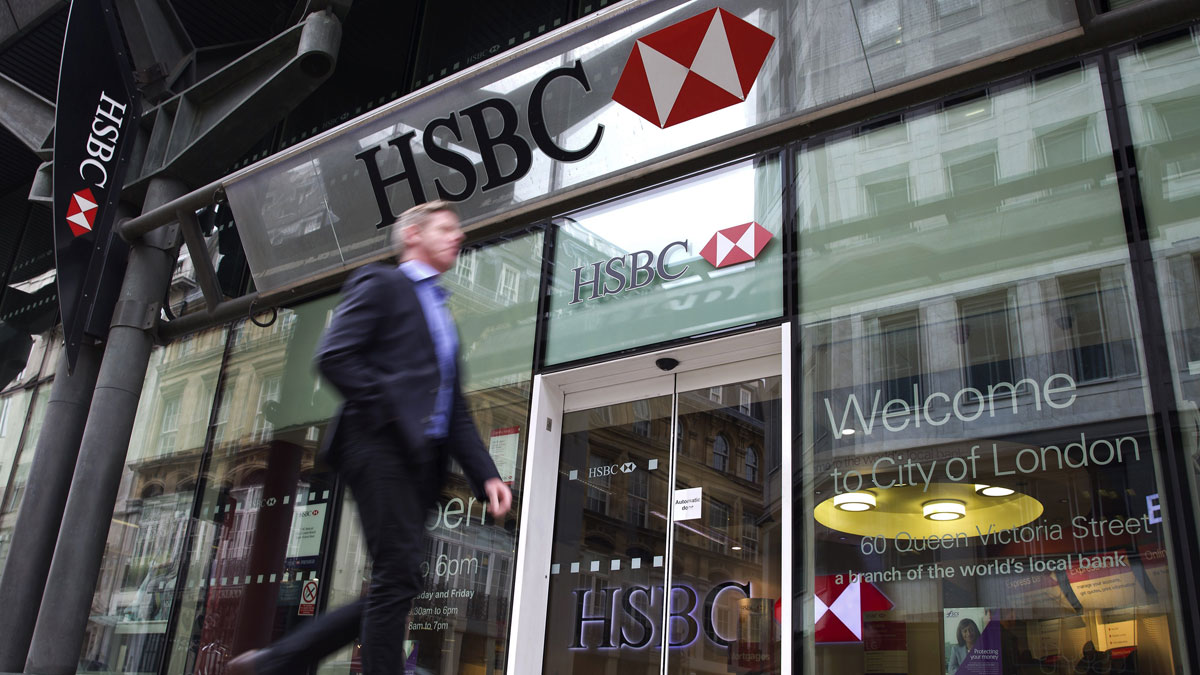
A free daily email with the biggest news stories of the day – and the best features from TheWeek.com
You are now subscribed
Your newsletter sign-up was successful
HSBC pays £1.1bn to settle 14-year legal battle
17 June
HSBC has agreed to pay a group of shareholders a record $1.6bn (£1.1bn) to settle a 14-year legal battle relating to its US subprime lending unit.
The Financial Times reports the deal came "just hours ahead" of a second jury trial in Chicago, which could have seen the bank slapped with an even bigger penalty. A fine of $2.5bn (£1.8bn) was handed down in 2013 – and the bank recently put its exposure at $3.6bn (£2.5bn).
The Week
Escape your echo chamber. Get the facts behind the news, plus analysis from multiple perspectives.

Sign up for The Week's Free Newsletters
From our morning news briefing to a weekly Good News Newsletter, get the best of The Week delivered directly to your inbox.
From our morning news briefing to a weekly Good News Newsletter, get the best of The Week delivered directly to your inbox.
The settlement is the largest ever made in a class action case by a bank and the largest by any company where the case went to trial. It is some way behind the largest in history, the $7bn relating to the collapse of Enron in 2001.
The original claims date back to 2002, when a group of investors brought a legal action against Illinois-based mortgage lender Household, which focused on low-income subprime borrowers.
Household and its bosses were accused of "predatory" lending practices and making misleading statements over, for example, "effective" repayment rates. Charges brought by authorities were settled for $500m in November 2002, prompting a much larger suit to be filed by shareholders.
HSBC acquired Household one month after the first charges were settled, in a deal valued at $16bn (£11bn). The unit is now branded HSBC Finance.
A free daily email with the biggest news stories of the day – and the best features from TheWeek.com
A jury found against the bank after a six-week trial in 2009, leading eventually to the record $2.5bn fine. HSBC appealed and, the Daily Telegraph notes, the US Court of Appeals sent the case for retrial to review ultimate culpability for the misleading statements and the damages.
In the first ten years after Household was acquired, the business yielded profits of $10bn for HSBC, but has since "become known as one of the most misconceived of the pre-crisis era, costing the bank billions of dollars in writedowns and tarnishing the reputations of executives", the FT says.
"At the time, it marked a strategic departure for HSBC, an Asia and Europe-focused bank that had a limited presence in the US, and not much experience of servicing people with poor credit and low incomes."
HSBC to save 'tens of millions' in investment bank restructure
07 June
HSBC has announced a major overhaul of its investment banking activities in a move designed to save tens of millions of dollars a year towards a $1bn+ (£686m) cost-cutting target.
In a memo to staff on Monday, the bank said it would "bring together the units that look after companies and financial groups", reports the Financial Times. This means "lots of investment banking, transaction banking and lending activities" will be undertaken by a single team.
In an interview with the paper, global banking and markets boss Samir Assaf said there "would be no direct job losses arising from the reshuffle". The new unit will be called corporate, financials and multinationals banking.
Assad said the changes would help to make the bank "more agile and holistic" and thereby contribute "tens of millions" towards a cost-saving target across the entire investment bank of $1.1bn (£760m).
In addition to realigning its operations by putting teams that previously worked separately together, HSBC hopes the new streamlined structure will help it win a greater share of business at a time when, says The Times, trading revenues are falling due to a drop in the number of deals.
The paper says the bank is particularly keen to "expand its equity capital markets business, which specialises in advising companies seeking to raise money on the stock market", and hopes to gain a major share of the business currently emanating out of China.
The FT adds that HSBC wants to expand its advisory business outside Asia, with Assaf pointing to recent growth in Europe and emerging markets.
"HSBC is currently ranked as the ninth most successful investment bank in Europe, the Middle East and Asia for 2015," the paper adds.
Investors have been piling pressure on HSBC to rationalise its operations as it struggles with falling profits amid growing fears it will be unable to maintain its escalating dividend policy. The investment bank's profits fell 30 per cent in the first quarter to $2.1bn (£1.4bn).
Already HSBC has cut 1,000 jobs across its investment arm in the past year, slashing staff numbers from 16,500 to 15,500. The bank is aiming to reduce overall global headcount by 50,000 by the end of next year.
HSBC to axe 840 jobs in first wave of cuts
17 May
HSBC has apparently announced to staff the first round of UK job cuts as part of a major restructuring programme that was made public last year.
The bank is to move 840 IT roles to lower-cost markets such as China, India and Poland by March 2017, according to the Financial Times. As many as 600 of the job losses will fall "in and around Sheffield", representing 20 per cent of the workforce there. Offices in Tankersley, South Yorkshire, and London, will also be affected, says the Daily Mail.
This marks the "the first major round of job losses under an overhaul that will remove 8,000 UK roles at the bank by the end of next year," explains the FT. Under a cost-cutting plan designed to revive the bank's recently flagging fortunes, around 50,000 staff, or a fifth of the workforce, will lose their jobs worldwide.
John Hackett, the chief operating officer of HSBC UK, said: "In our investor update in June 2015, and many times since, we have stated that we are targeting significant cost reductions by the end of 2017." He added that the UK "will continue to play an important role in HSBC's global IT infrastructure, employing several thousand IT professionals".
Dominic Hook, a national officer for Unite, railed that HSBC's decision "is as ruthless as it is reckless".
Hook added: "For almost a year staff have been left in the dark
about their futures, only to be told that before being shown the door they're expected to train someone in India or China who will do their job for less money. It's a deeply cynical move by a bank which wants to be an 'Employer of Choice'."
Earlier this month HSBC revealed profits fell by one-fifth for the first quarter of the year, continuing a poor run that some say could jeopardise its policy of increasing payouts to shareholders every year. The bank's shares are down around 20 per cent this year.
HSBC profits fall 18% as global volatility bites
3 May
HSBC's profits fell by one-fifth for the first quarter of the year, hit by the volatility that bedevilled global markets early in 2016.
However, pre-tax profits did beat the bank's own estimates, which it says suggest it is on course to reach cost targets set in a radical overhaul last year, the Daily Telegraph reports.
Adjusted pre-tax profits fell 18 per cent year-on-year to $5.4bn (£3.6bn) in the first quarter, says the Financial Times, $1.2bn ahead of a predicted $4.2bn. Revenues were down four per cent, at $13.91bn.
Europe's biggest bank also faced anticipated costs related to oil, gas, metal and mining sectors. It paid out $1.16bn for bad loans, up $692m year-on-year. Stricter financial regulation has also increased costs, says the Telegraph.
HSBC blamed reduced interest from clients in foreign exchanges and stocks for the downturn, which comes as no surprise after a torrid January and February for the world's financial markets.
"Our first-quarter performance was resilient in tough market conditions that affected the entire banking sector," said chief executive Stuart Gulliver.
"Profits were down against a very strong first quarter of 2015, but we increased market share in many of the product areas that are critical to our strategy."
HSBC announced last year it is losing 50,000 jobs worldwide, dropping its unprofitable businesses and focusing more on Asia in an effort to cut costs. Gulliver said the bank is "confident" it will hit its cost-cutting targets by the end of 2017.
The bank considered shifting its HQ away from London, but decided in February to stay put, despite concerns about the 23 June referendum on Britain's membership of the EU.
HSBC investors told to oppose re-election of chairman
13 April
HSBC chairman Douglas Flint's position has become "untenable" and he should be ousted at the bank's annual meeting later this month, an influential shareholder advisory group has said.
Pension and Investment Research Consultants (Pirc) advises pension funds and other institutional investors how to use their votes at annual general meetings and can even vote directly as a proxy for some of its clients.
It is unhappy about a number of HSBC's proposals that investors are being advised to reject when they convene on 22 April to hear the board's annual update and approve plans for the 12 months ahead.
In particular, says The Guardian, Pirc says the re-election of Flint should be opposed. It points to his bumper pay deal, which includes a bonus of up to 20 per cent of his salary and expenses that can total as much as 50 per cent.
The group also cites that Flint was finance director during periods of past wrongdoing for which HSBC has been heavily fined and which inflicted huge reputational damage on the bank.
“[It] is considered that Mr Flint has failed in his responsibilities and his position is untenable," it said.
In a letter to shareholders last month, Flint said the hunt for his successor is already underway, reported the London Evening Standard, but that he is unable to step down until the 2017 annual meeting at the earliest. The report adds he was paid a total of £2.5m last year.
Pirc has said investors should vote down HSBC's wider remuneration plans at the meeting next Friday, saying that while it has limited pay in some areas, this restraint is "considered insufficient to align with best practice".
Executive salaries are in the news again today as a report from the High Pay Centre claims the "20-year rising trend in top company pay continues unabated". The Guardian notes FTSE 100 executive remuneration packages were up six per cent last year, to an average of £5.6m.
In contrast, the Daily Telegraph cites a report from PricewaterhouseCoopers that the average FTSE 100 chief executive was handed only a "modest" pay rise of one per cent, while four in ten saw their pay frozen.
Overall, not including pensions, the average blue-chip boss earned £4.3m in 2015, one per cent higher than in 2014, which is less than the national average increase in pay.
PwC found second-tier executives such as finance chiefs enjoyed a more substantial pay hike of 3.5 per cent.
-
 Quentin Deranque: a student’s death energizes the French far right
Quentin Deranque: a student’s death energizes the French far rightIN THE SPOTLIGHT Reactions to the violent killing of an ultra-conservative activist offer a glimpse at the culture wars roiling France ahead of next year’s elections.
-
 Secured vs. unsecured loans: how do they differ and which is better?
Secured vs. unsecured loans: how do they differ and which is better?the explainer They are distinguished by the level of risk and the inclusion of collateral
-
 ‘States that set ambitious climate targets are already feeling the tension’
‘States that set ambitious climate targets are already feeling the tension’Instant Opinion Opinion, comment and editorials of the day
-
 The Silicon Valley Bank collapse
The Silicon Valley Bank collapsefeature Sudden failure of tech sector’s go-to bank sparks fears of wider contagion
-
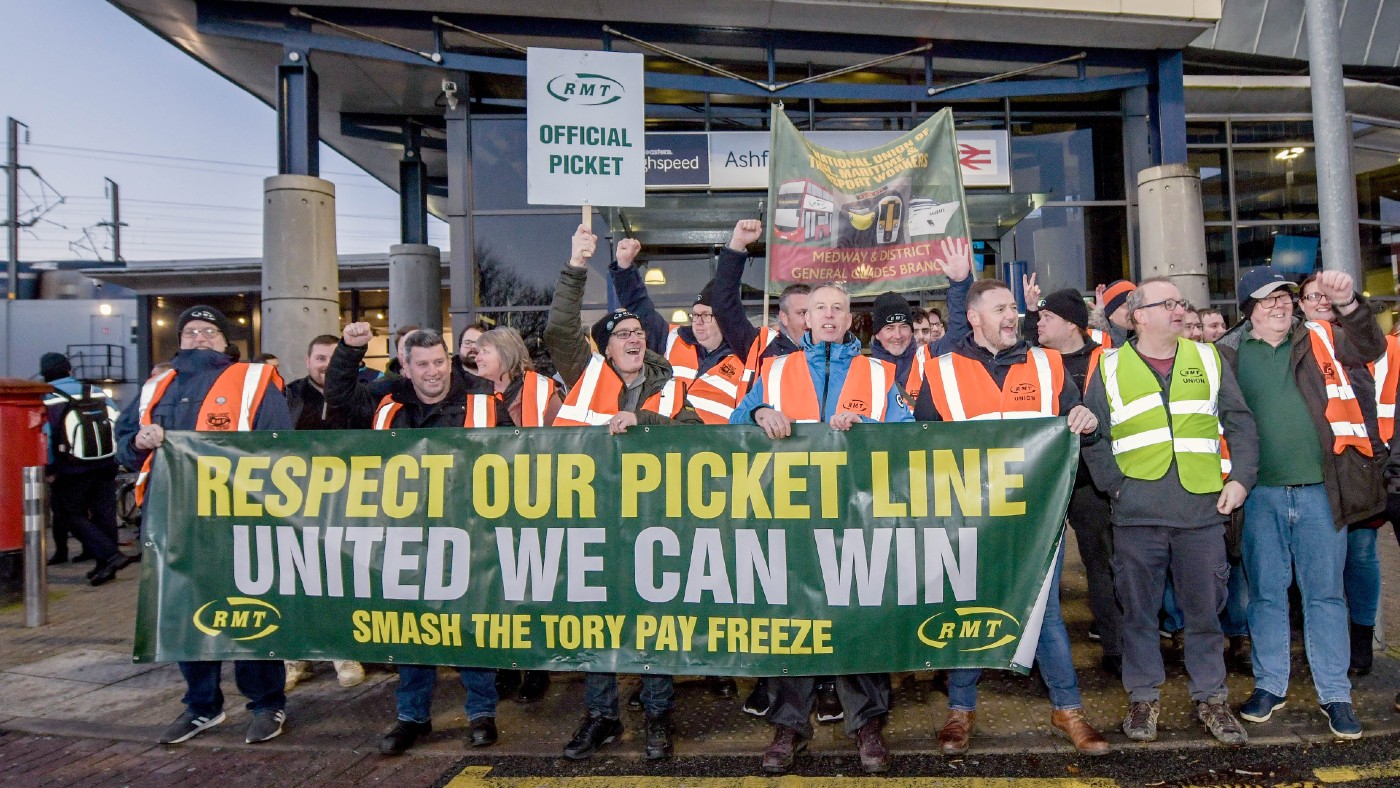 Minimum service levels and the right to strike
Minimum service levels and the right to strikeTalking Point Government’s proposed anti-strike laws will soon be debated by MPs
-
 Unions of all kinds are flexing their muscles. Should we be celebrating?
Unions of all kinds are flexing their muscles. Should we be celebrating?feature New Unite union boss Sharon Graham has promised to make every UK workplace ‘action ready’ and vowed to take on Amazon
-
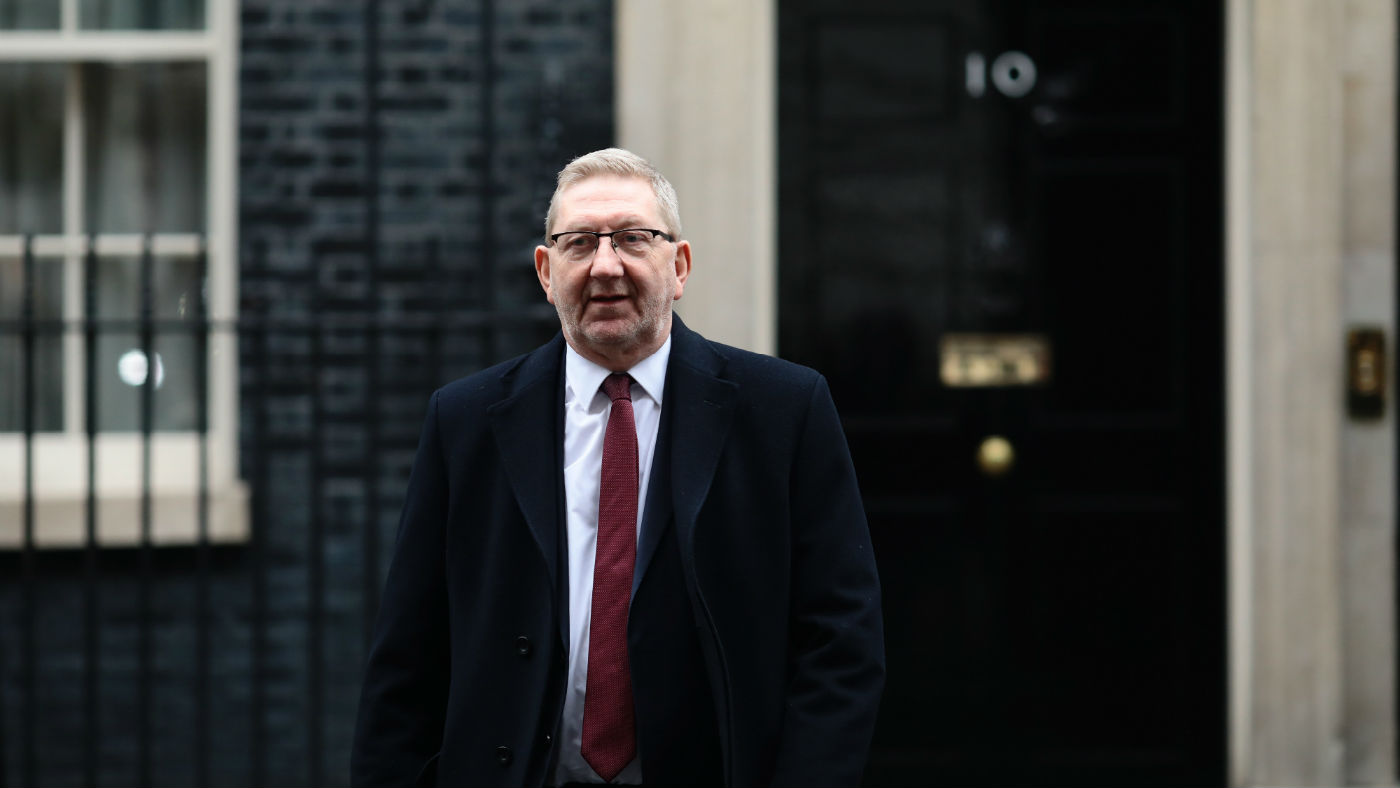 Unite: extend furlough scheme now or ‘redundancy floodgates will open’
Unite: extend furlough scheme now or ‘redundancy floodgates will open’Speed Read Union calls for immediate government action to save workers and business from ‘cliff edge’
-
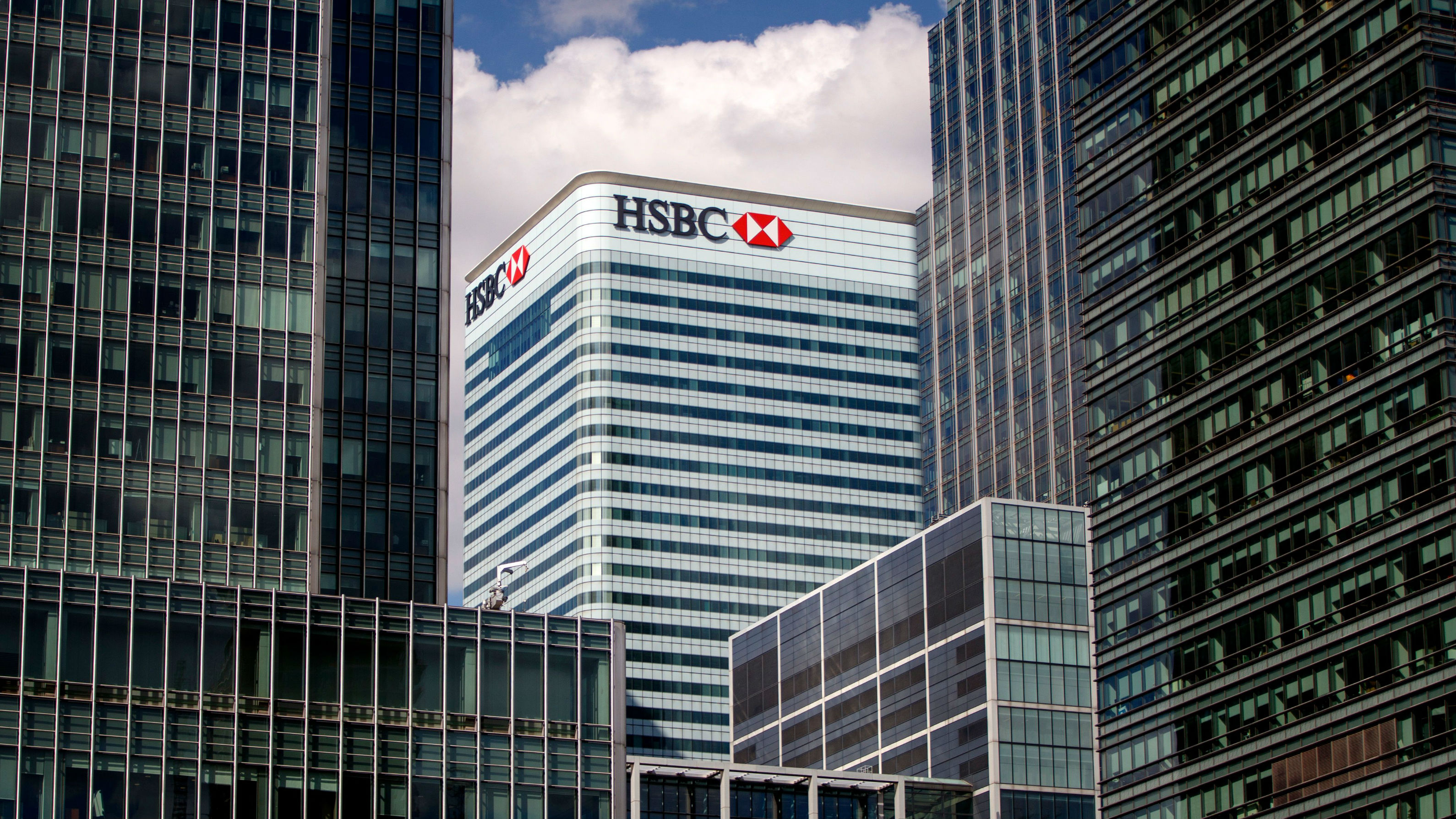 HSBC to cut 35,000 jobs: why profits plunged
HSBC to cut 35,000 jobs: why profits plungedIn Depth British bank announces 33% drop in profits and plans to slash branches in US
-
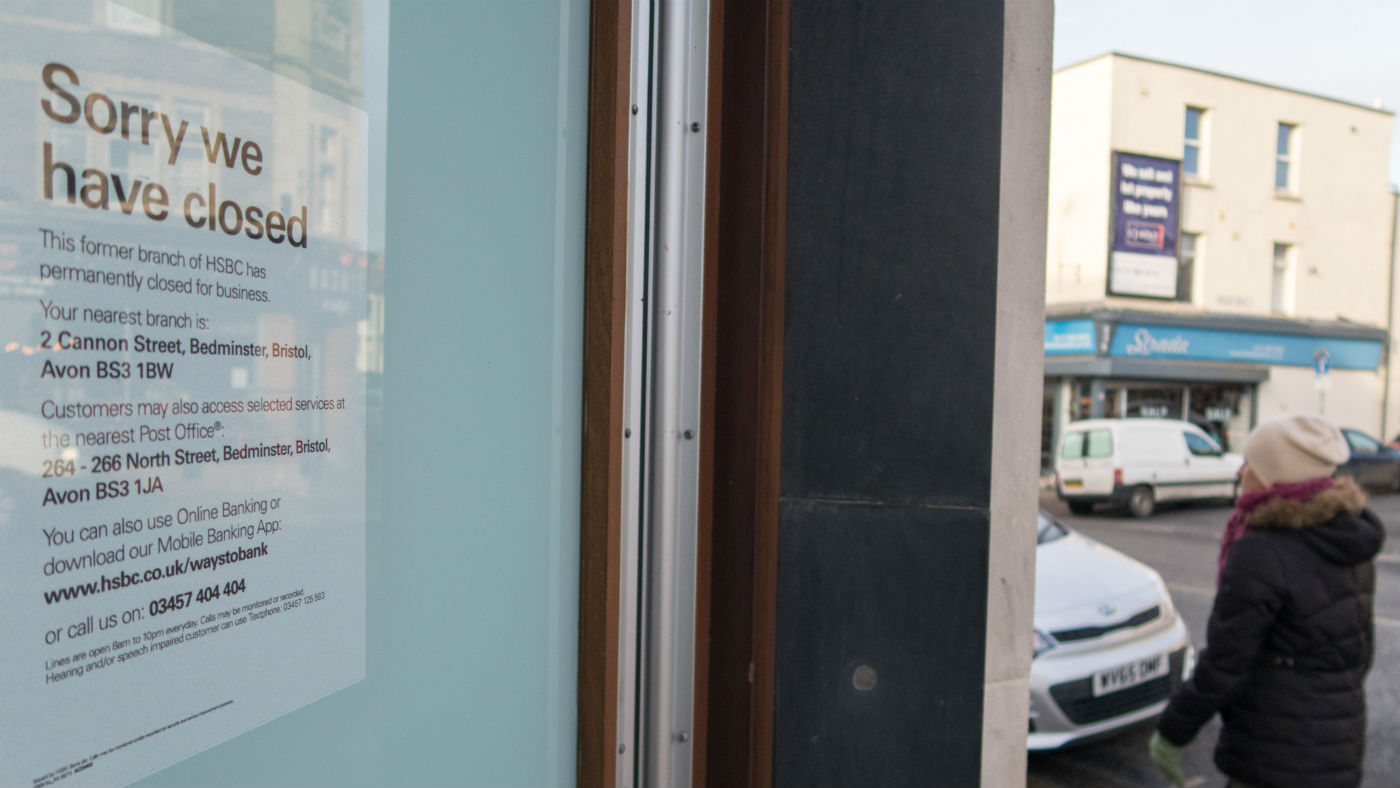 Could ‘banking hubs’ solve problem of branch closures?
Could ‘banking hubs’ solve problem of branch closures?Speed Read MPs fear large sections of society could face ‘financial exclusion’
-
 What is Britain’s worst bank?
What is Britain’s worst bank?Speed Read Royal Bank of Scotland comes joint-bottom in the new personal banking league table, and last for business banking
-
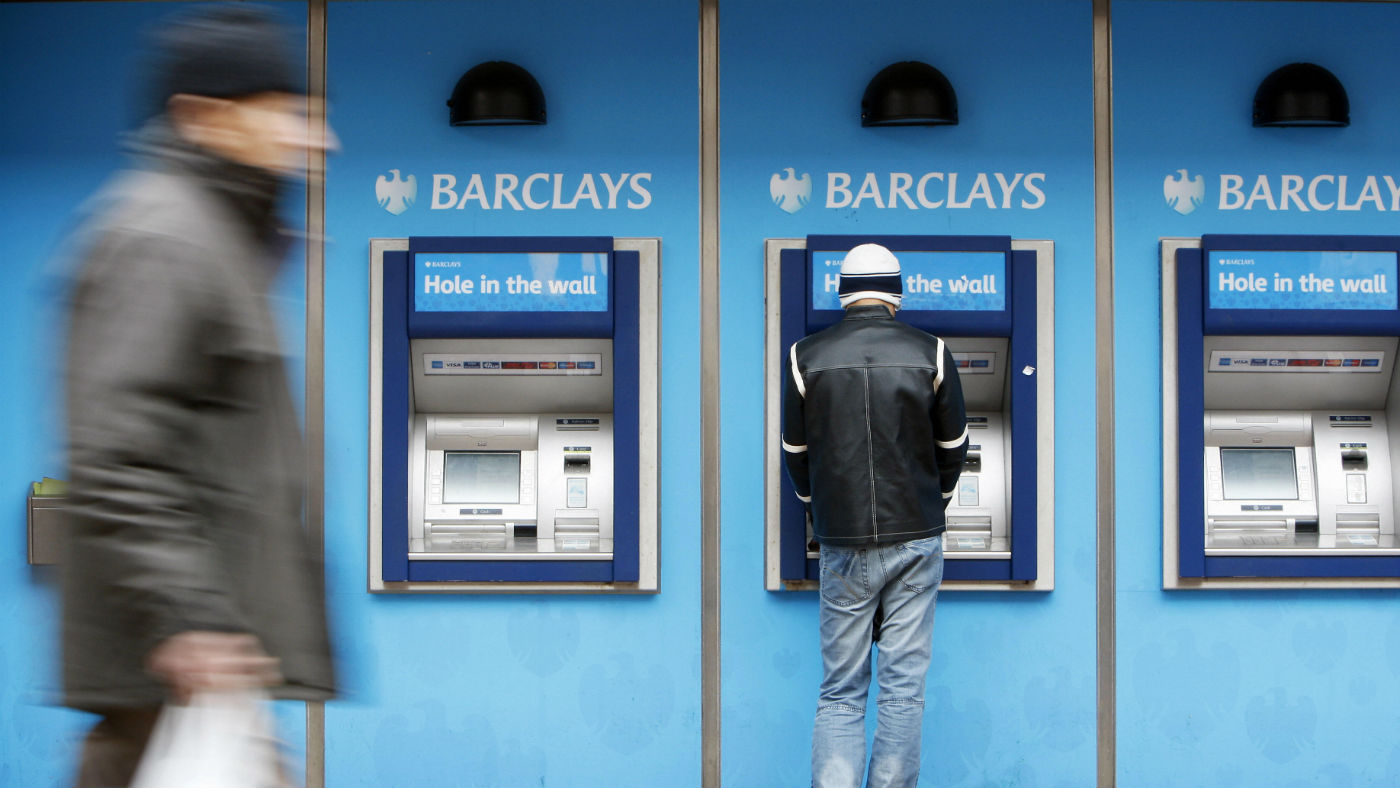 FBI warns cash machine global cyber-attack imminent
FBI warns cash machine global cyber-attack imminentSpeed Read British banks have been warned their ATMs could be mass-hacked by cyber criminals ‘in the coming days’